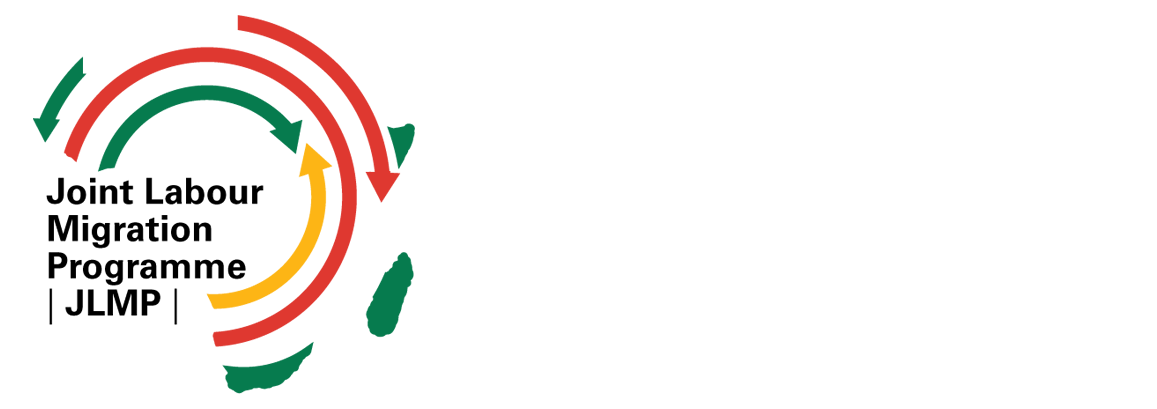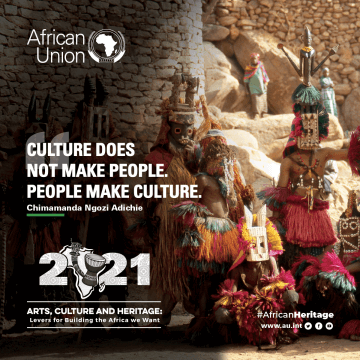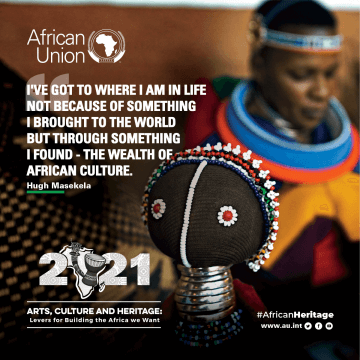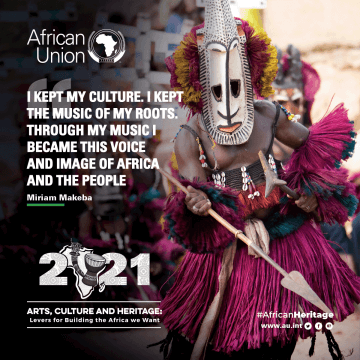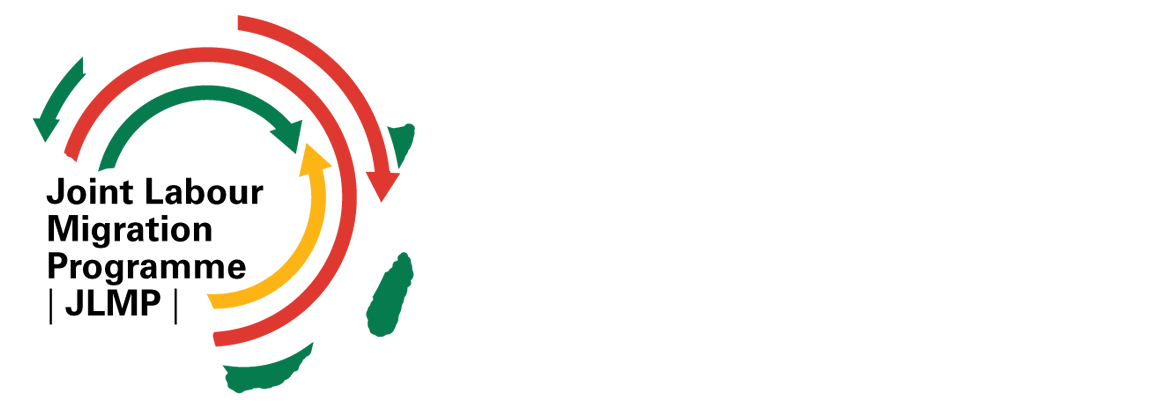Global policy dialogue
Global dialogue on migration is currently in an unprecedented momentum. The adopted Sustainable Development Goals (SDGs), the ongoing negotiations for the Global Compact for Safe, Orderly and Regular Migration as well as the Global Compact on Refugees stand as evidence for this. One of the most important global commitments is expressed in the 2030 Agenda for Sustainable Development’s Target 10.7 under Sustainable Development Goal (SDG) no. 10, which stipulates: ‘Facilitate orderly, safe and responsible migration and mobility of people, including through the implementation of planned and well managed migration policies’. A second key SDG is no. 8. Target 8.8 mentions the need to ‘Protect labour rights and promote safe and secure working environments for all workers, including migrant workers, in particular women migrants, and those in precarious employment.
The UN Summit in September 2016 issued the New York Declaration for Refugees and Migrants, in which Governments committed to negotiating the Global Compact on Safe, Orderly and Regular Migration and the Global Compact on Refugees for adoption in 2018. These initiatives represent another step in over a decade of efforts over more than a decade to enhance the effectiveness and shared responsibility of global governance of migration. To achieve these improved conditions, it is essential that the capacity of RECs and MSs must be improved.
The African Union adopted a Common Position on the Global Compact (Kigali, Rwanda, October 2017) which recognizes the JLMP as an essential policy framework to promote safe, orderly and regular migration and calls for support to its implementation. This three- year programme of: Priority Implementation Actions of the AU-ILO-IOM-ECA Joint Programme on Labour Migration Governance for Development and Integration in Africa (JLMP Priority) is an effort to strengthen the implementation and AUC, REC and MS capacity to achieve the aspirations of improving facilitation, regulation and knowledge on labour migration.
The African Union has in place a Gender Policy, which takes into account the AU Policy on Migration, the African Position on the Family, the African Social Policy Framework, the outcome of the African Development Forum on Gender Empowerment and Ending Violence Against Women and other key AU Decisions, Declarations and instruments having a bearing on the advancement of women and gender equality. The AU has in place an institutional Gender Management Structure, all the way to the RECs level to enforce the gender responsive policies.
The JLPM Priority will leverage the relevant provisions of the AU-EU cooperation frameworks. These frameworks build on technical cooperation areas and actions which cut across the strategic themes and the strategies. The Migration and Mobility Dialogue (MMD) cooperation framework deals with promoting strategies on regular migration and labour market information systems. The MMD is anchored in the EU Common Agenda on Migration and Mobility (CAMM) which integrates challenges related to intra-regional migration in order to promote the role of migration in regional cooperation and development. On a broader perspective, the Valetta Plan of Action (PoA) supports continental, regional and sub-regional frameworks for mobility and migration, such as the Joint Labour Migration Programme adopted at the African Union Summit in January 2015 and other initiatives developed by ECOWAS and IGAD.
CAMM offers sizable opportunities through its knowledge tools, (migration profiles, mapping instruments, studies, statistical reports, impact assessments and fact-finding missions); dialogue tools (migration missions, seminars and conferences) and cooperation tools (capacity-building, cooperation platforms, exchanges of experts, twinning, operational cooperation and targeted projects and programmes).
The existing cooperation frameworks in the EU, OIC and Arab League will be utilized to enhance the implementation of the JLMP Priority.
On legal migration and mobility, the Valetta PoA seeks promoting regular channels of labour migration which is a key area of intervention of the PES and Private Placement Agencies. The Valetta PoA calls to (i) reinforce cooperation and create networks between relevant agencies and institutions in the field of job/employment creation and development with a view to facilitating placements and job opportunities, (ii) Strengthen cooperation on pre-departure measures (e.g. foreign language and vocational training) as well as rights awareness; and (iii) Step up efforts to promote legal migration and mobility within bilateral cooperation frameworks such as Mobility Partnerships and Common Agendas on Migration and Mobility.
12 IFAD: Sending Money Home: Contributing to the SDGs, One Family at a Time. 2017

